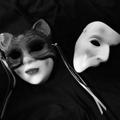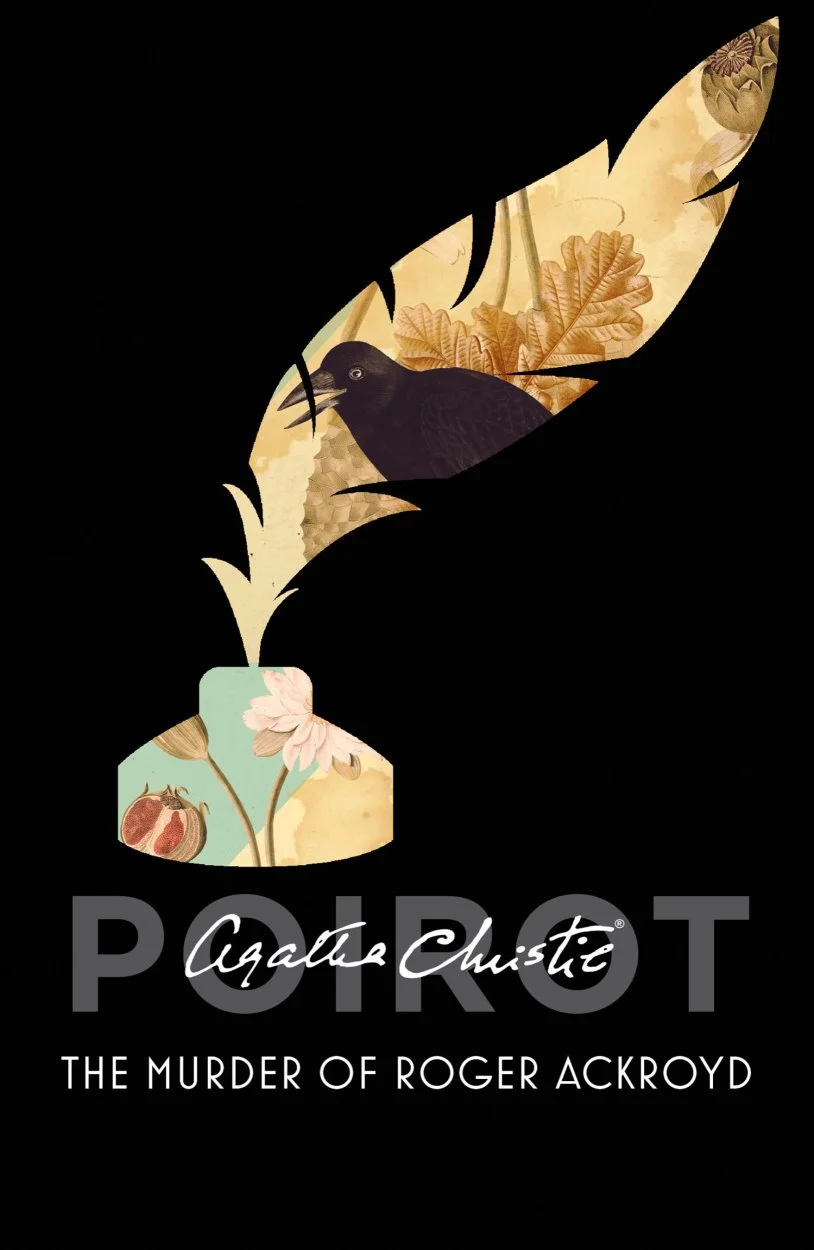nerd teacher [books] commented on The Stepford Wives by Ira Levin
Reading Chuck Palahniuk's introduction... and it feels off because it doesn't seem to recognise an accurate directionality of oppression.
In the end of it he says:
Nevertheless, it's odd how the bookshelves are filling with pretty dolls. Those glazed pretty dolls wearing their stylish designer outfits—Prada and Chanel and Dolce—swilling their martinis and flirting, flirting, flirting in their supreme effort to catch a rich husband. Always a rich husband. Instead of political rights, they're fighting for Jimmie Choos. In lieu of protest, they express themselves through shopping. And men, they're no longer the oppressors—these days other women are, older women. In The Nanny Diaries and The Devil Wears Prada and Confessions of a Shopaholic, in this new generation of 'chick lit' novels, men are once more the goal. It's successful women who torment our pretty, painted narrators. Brassieres are back, as are girdles, eyelash curlers, perfumed and meticulously shaved …
Reading Chuck Palahniuk's introduction... and it feels off because it doesn't seem to recognise an accurate directionality of oppression.
In the end of it he says:
Nevertheless, it's odd how the bookshelves are filling with pretty dolls. Those glazed pretty dolls wearing their stylish designer outfits—Prada and Chanel and Dolce—swilling their martinis and flirting, flirting, flirting in their supreme effort to catch a rich husband. Always a rich husband. Instead of political rights, they're fighting for Jimmie Choos. In lieu of protest, they express themselves through shopping. And men, they're no longer the oppressors—these days other women are, older women. In The Nanny Diaries and The Devil Wears Prada and Confessions of a Shopaholic, in this new generation of 'chick lit' novels, men are once more the goal. It's successful women who torment our pretty, painted narrators. Brassieres are back, as are girdles, eyelash curlers, perfumed and meticulously shaved underarms. The speculum and the cervix are forgotten. This it seems is progress: women may now choose to be pretty, stylishly dressed, and vapid. This is no longer the shrill, politically charged climate of 1972; if it's a choice freely made, then it's... okay.
and then:
Now everyplace is Stepford, but it's okay. It's fine. This is what the modern, politically aware, fully awake, enlightened, assertive women really, really really wants: a manicure.
... And the problem with this is that it's recognising symptoms as opposed to causes. It's not looking at capitalism and overconsumption, it's not looking at the structure of patriarchy, it's not looking at white supremacy, it's not looking at classism. It's missing everything for, like, some strange misogynist hits at women and their apparently willful desire to give up political rights... But it's the whole problem to miss these things.
There's another line that says: "Women are the ultimate threat to women." And while this is true in some contexts (the glass ceiling, reinforcing misogyny, engaging in transmisogyny and transphobia), it's not... the full reality. It's flippant.







